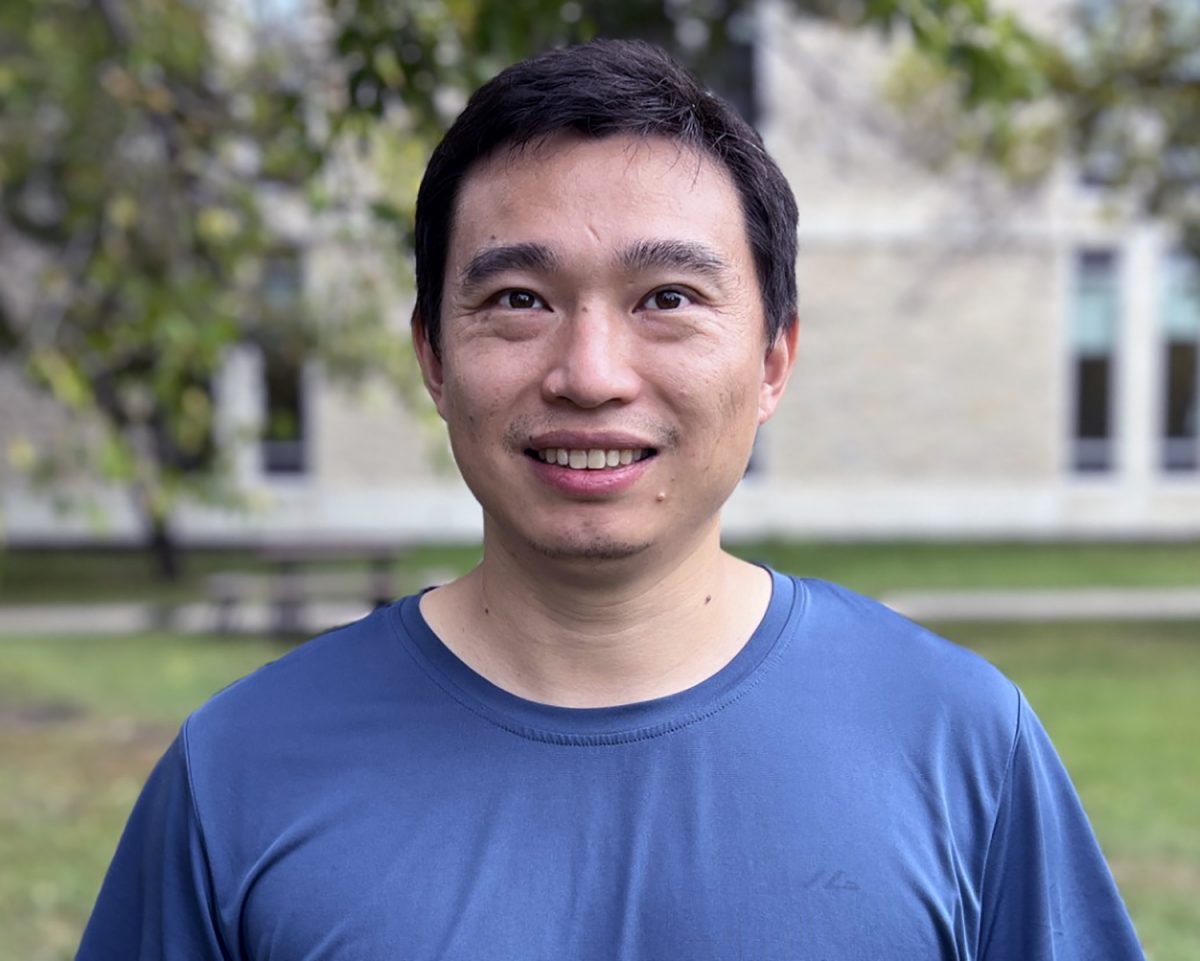
New soil science prof to study hydrological processes in sustainable ag systems
Dr. Hailong He joined the Department of Soil Science as Associate Professor and Canada Research Chair in Water Management for Sustainable Agriculture on August 7, 2024. Trained as soil and water conservationist and soil physicist, he has broad research interests to better understand, measure and model mass and energy transport processes in arid and cold regions under climate change.
Tell us about yourself.
I completed my BSc in Soil and Water Conservation in Northwest A&F University (NWAFU, China) and PhD in Water and Land Resources in University of Alberta. I joined NWAFU after completing my PhD in 2015 as an assistant professor and then promoted to associate and full professor. I have been working on soil physics and hydrology and soil and water conservation with innovative and multidisciplinary techniques. I am fortunate to have the opportunities to collaborate and publish with international researchers and serves as committee members of professional societies and editorial board members of academic journals. From there, I was honoured to have the opportunity to come back to Canada and join UM.
Why did you get into this area of study?
I was born and raised in southwest China where monsoon climate brings huge rainfalls that causes soil erosion, floods and degradation of farmland, while there is a shortage of water during the dry seasons leading to a loss of crop yield among other issues (similar to Manitoba and the Canadian Prairies). I became increasingly curious about how I could improve this situation since I was in high school. Taking a BSc degree in soil and water conservation helped me to answer this question. A turning point in my exploration came after I took soil physics during my MSc and PhD, when I realized all these issues can be managed (to an extent) with the knowledge of mass and energy balance and transport processes in the critical zone.
What are you seeking to explore with your research?
I am building a multi-disciplinary team to better understand the fate and transport of water and heat (and associate carbon and solute) from point to field, from watershed to continental and global scales for better modelling of climate change and its effects on agriculture. Applying innovative and leading-edge approaches to research the interaction of agricultural management and critical zone hydrological processes under climate change. The long-term objective is to advance the science and increase the knowledge required to adaptively, resiliently and sustainably manage cropland while providing ecological services.
Will you be teaching? What appeals to you about being a teacher?
I will be teaching and co-teaching courses pertaining to water management for sustainable agriculture at undergraduate and graduate levels. I am glad that I can teach these topics that I am passionate about, and get challenged and inspired by the students I teach and supervise. As a former student, I want to make sure that my students have a better learning experience and make their dreams come true. I look forward to the mentorship opportunities that aim to equip and inspire brilliant minds from different backgrounds to make changes.
What you like to do in your spare time?
During my spare time, I like to spend time with my family. I also regularly play badminton and go swimming to keep fit and enjoy being outdoors for snowboarding, skiing, camping and hiking.






